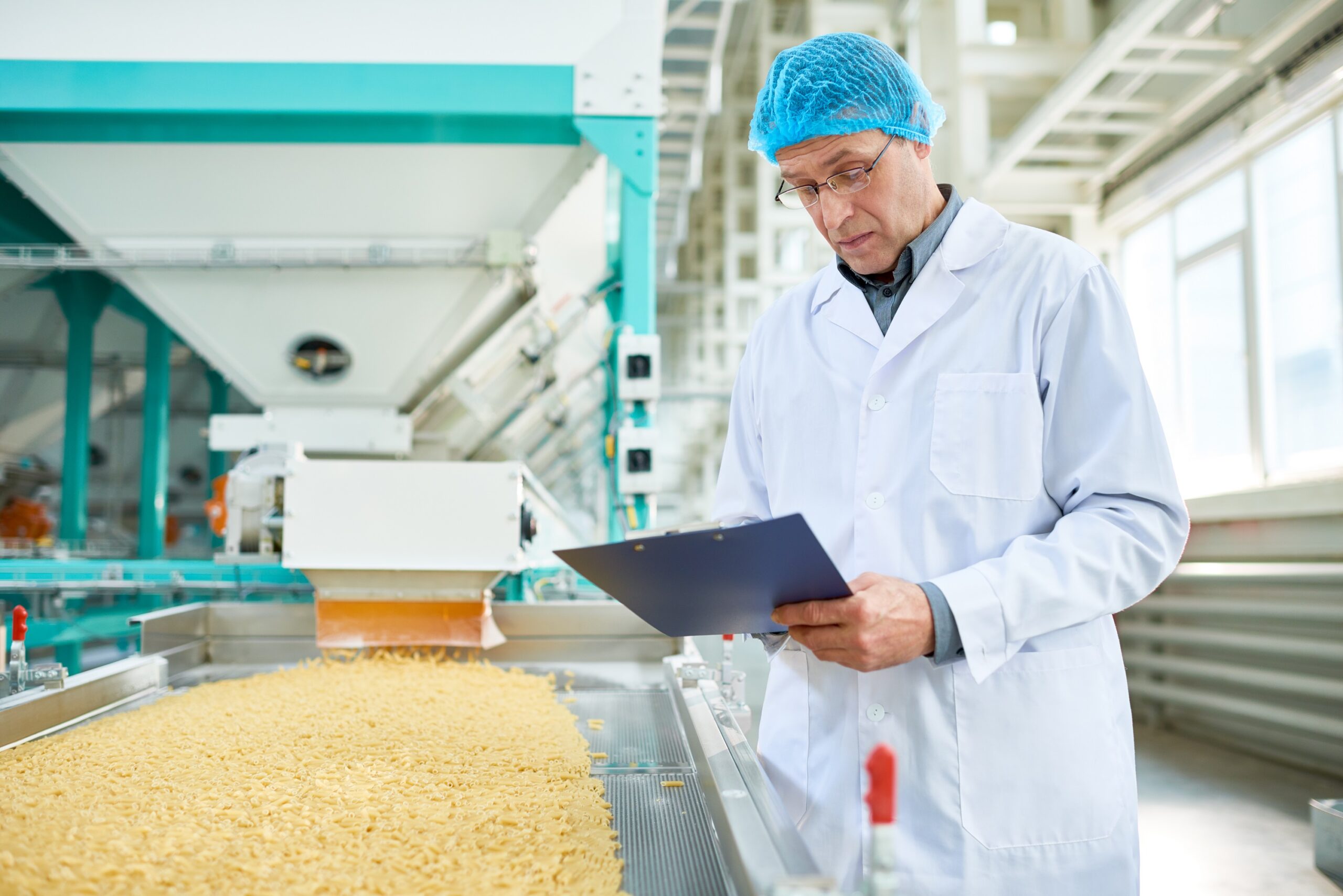With the presidential transition of power underway in the US, many wonder how a Biden administration will be able to mend America’s food system. Under President Trump’s administration, thousands of food system workers — including meat packers, food processors and farmers — have fallen ill from COVID-19, bringing into question Trump’s abilities to protect these workers.
But COVID-19 isn’t the only thing plaguing the food system. Increased hunger and reliance on food banks, poor diets resulting in higher healthcare costs and pollution caused by farming continue to afflict America’s food system. However, President-elect Biden could change this course and perhaps even embrace and invest in food technology and innovation.
Here are some of the solutions that Biden has proposed to ameliorate the food system, as well as some of the measures he could enact to boost it further.
Prioritizing Ending Hunger
The COVID-19 pandemic has forced millions into hunger, including one in five children. The number of families reliant on food banks has also skyrocketed as a result of the pandemic, with most food banks across the nation depleted ahead of the holidays. Ending hunger is an urgent matter, one that President Trump has undermined.
Last year, the US Department of Agriculture (USDA) prohibited nearly 700,000 people from receiving food stamps as a part of the Supplemental Nutrition Assistance Program (SNAP). Trump’s administration also implemented other rules to reduce dependence on the program. And at the height of the second wave of the pandemic and just weeks before the election, the administration fought in federal court to block billions of dollars of aid in emergency food stamps for the lowest-income Americans.
On Biden’s campaign website, he has pledged to “increase SNAP benefits by 15 percent during the deepening recession, and temporarily provide low-income families with about $100 per month in extra nutritional support.” Biden stated that he wants to overturn rules that limit SNAP participation and he also supports free school meals. These pledges alone won’t end hunger, so the Biden administration must address its root causes by creating higher-wage jobs and supporting affordable housing.
Protecting Food and Farm Workers
The Food and Environment Reporting Network (FERN) reported that, as of November 20, more than 73,000 meatpackers, food processors and farmers have contracted COVID-19, 336 of whom have died. Biden told People, “Absolutely positively, no worker’s life is worth me getting a cheaper hamburger. No worker’s life is worth that.”
To protect food system workers from COVID-19, Biden pledged to expand workers’ abilities to unionize and provide a $15 minimum wage. Some other way the Biden administration can protect and support food and farm workers threatened by COVID-19 include:
- Requiring the Occupational Safety and Health Administration (OSHA) to provide basic personal protective gear for workers and boosting enforcement
- Ensuring that workers have safe housing and transportation
- When workers fall ill from COVID-19, paying them to stay home
- Rewarding workers with bonuses and premiums for risking their health and safety to work
Supporting Healthy Diets
As the leading cause of death in America, poor diets have been a tough obstacle for past and present administrations to regulate. It has led to increasing obesity rates and rising healthcare costs. Some of the diseases caused by poor diets — including diabetes, heart disease and hypertension — increase the risks posed by COVID-19 and are more likely to lead to complications or death.
While Biden has remained fairly quiet about diets, there are many steps his administration could take to make healthy diets more viable for Americans. First comes regulating and restoring tough standards for food sold to children in schools to tackle obesity from a young age. Secondly, reforming dietary guidelines and food labels, a stance Vice President-elect Harris has reinforced, could also help Americans make healthier dietary choices.
Putting Food Safety First
Each year, foodborne illnesses cost the nation $15.6 billion and kill roughly 3,000 Americans, according to the Center for Disease Control and Prevention (CDC). Under Trump’s administration, certain safety requirements, such as cleaning hog carcasses, were eliminated and food safety inspections were deregulated. The Environmental Protection Agency (EPA) also reversed a ban on chlorpyriphos, a pesticide known to cause health problems in children.
The Biden administration could reinstate the ban on chlorpyriphos and reverse the deregulation of safety inspections and other measures that do not protect people from unsafe food. An emphasis could also be put on reviewing the safety of certain pesticides and chemicals found in food packaging.
To combat foodborne illness outbreaks, growers should be required to test irrigation water for harmful pathogens and address the heightened threat of pathogens in meat and poultry. The risks must be addressed where they start — in crowded meat processing plants and feedlots.
Boosting America’s Food System
Biden has the potential to be a president that embraces and funds food technology and innovation given his science-forward approach. Outside of traditional agriculture, the government hasn’t focused its efforts to support new food technologies as seen in countries like China, Singapore and parts of the European Union. Biden’s administration could create a food innovation catalyst to invest in new technologies and incentivize agricultural workers to take advantage of available tech.
If food and agricultural innovation was a priority for Biden, he could work with the Food and Drug Administration (FDA) or the USDA to create a formal office within the government. However, a more achievable approach is to build an advisory council through which leaders and visionaries in the food and beverage industry give advice and suggest ideas with science and business in mind.
With a new administration, there are plenty of opportunities to push for building strong foundations and strengthening the food system that America has struggled with for decades. However, it remains to be seen whether the House of Representatives and the Senate will be on Biden’s side when it comes to passing legislation.









Join or login to leave a comment
JOIN LOGIN